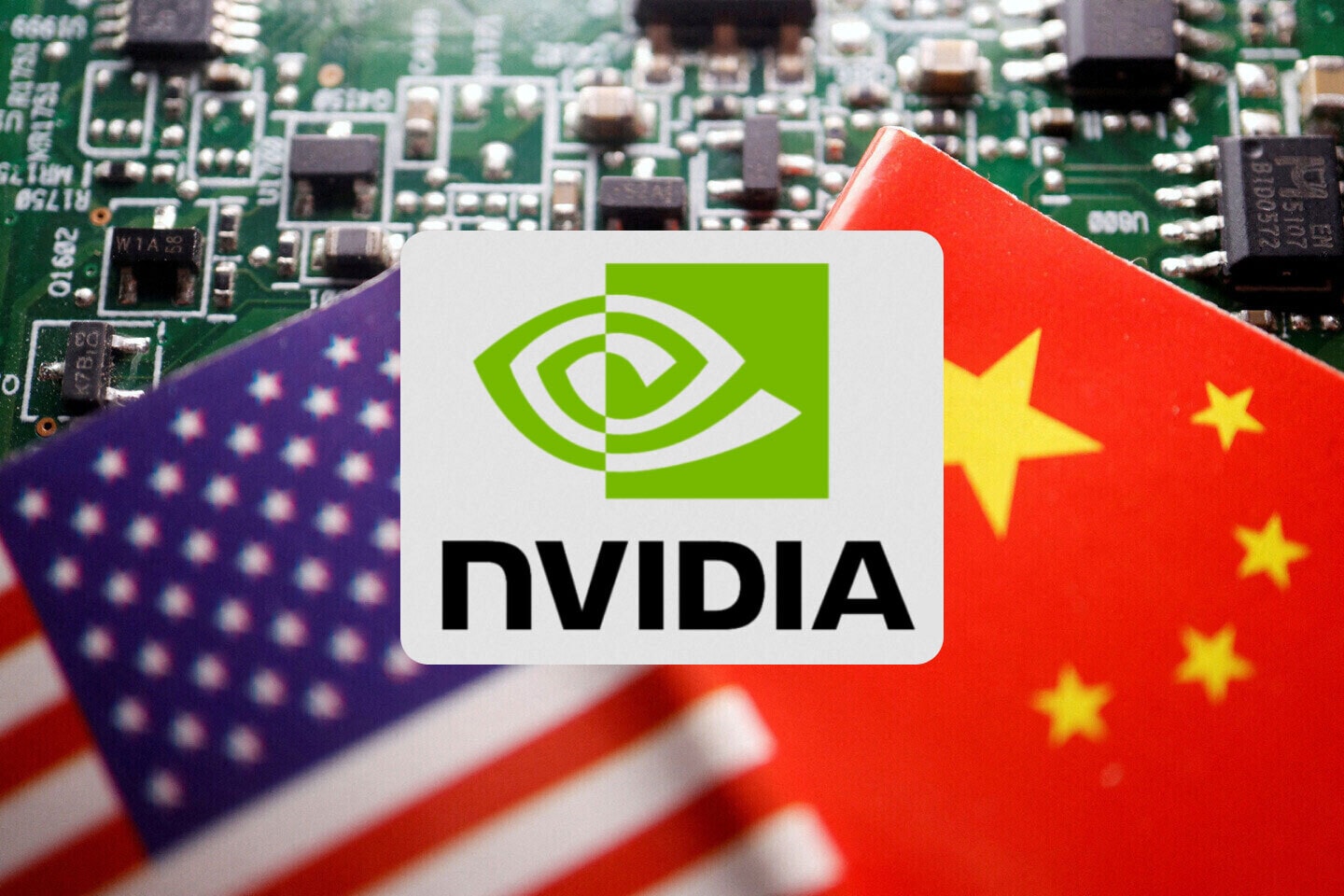China responds to US tariffs by launching antitrust investigation into Google
China has officially launched an antitrust investigation into Google and imposed tariffs in response to the US decision to impose a 10% tax on imports from the country.
In a brief announcement posted on its official website on February 4, China's market regulator said it had opened an anti-monopoly investigation into the US internet search giant.
The move marks an escalation in trade tensions between the world's two largest economies, as Beijing not only targets the technology sector but also uses tax policy as a powerful tool to respond to pressure from Washington.
Google, which pulled its search engine from mainland China in 2010, is now under suspicion of violating the country’s competition laws, a move that underscores China’s tightening scrutiny of foreign tech companies and reflects growing tensions in the tech sector between the US and China.

In addition to launching an antitrust investigation into Google, China also decided to impose an additional 15% tax on coal and liquefied natural gas (LNG) imported from the US.
China also imposed an additional 10% tariff on key products such as crude oil, agricultural machinery and pickup trucks, a move that reflects not only the escalating trade tensions between the two powers but also shows that Beijing is using both tariffs and legal measures to deal with pressure from Washington.
Not stopping there, on February 4, the last day of the week-long Lunar New Year holiday, China's Ministry of Commerce unexpectedly announced new export controls on several important metals, including tungsten, tellurium, bismuth, molybdenum and indium. These materials play an essential role in many high-tech industries, from semiconductor manufacturing to defense.
Beijing has also increased pressure on foreign businesses by adding PVH, the group that owns the Calvin Klein fashion brand, and US biotechnology company Illumina to its list of unreliable entities.
Thus, China is not only using export controls to strengthen its position in the global supply chain, but is also adopting a tougher strategy against foreign companies amid escalating geopolitical tensions.
The State Administration for Market Regulation did not specify the specific violations Google was accused of. Although most of Google's services, including its search engine, Gmail and Google Maps, are blocked in mainland China, the US tech giant maintains a presence in the market, particularly in online advertising.
Google still provides digital advertising services to Chinese businesses that want to reach global customers, generating significant revenue despite its limited operations there. However, with the antitrust investigation, Google’s role in China may face more challenges from regulators.
China's antitrust watchdog is increasing pressure on US businesses as technology and trade tensions between the world's two largest economies continue to escalate.
Beijing not only uses tariffs and export controls but also leverages antitrust regulations as a strategic tool to counter pressure from Washington.
In December, the agency opened an investigation into Nvidia, the US semiconductor giant, in connection with its acquisition of Mellanox Technologies, an Israeli connectivity solutions provider, which was completed in 2019.

The move is seen as a warning shot to Nvidia, a leader in designing graphics processing units (GPUs) for artificial intelligence, which has been forced by the US government to restrict China’s access to its most advanced chips under export embargoes.
Beijing's investigation is still ongoing, making Nvidia's operating prospects in the Chinese market more uncertain than ever.
The antitrust investigation into Google is seen as an unusual move, as the US tech giant has only a very limited presence in China's domestic internet services market.
While Google does not disclose specific revenue from China, The Information reported in 2019 that the company earned more than $3 billion from sales to Chinese advertisers in 2018, marking a 60% increase from the previous year.
Antitrust investigations by China’s State Administration for Market Regulation often result in significant fines. In 2013, China’s National Development and Reform Commission, which is in charge of antitrust investigations, targeted Qualcomm, one of the leading US mobile chip designers. After a 14-month investigation, Qualcomm was forced to pay a fine of up to $975 million to settle the case.
Compared to national security investigations, antitrust investigations are considered a “softer” legal remedy. However, their impact can still cause significant damage to businesses.
For example, in May 2023, the Cyberspace Administration of China opened a cybersecurity investigation into Micron Technology, an American memory chip maker, citing national security concerns.
As a result, Micron's memory products were banned from use in China's critical information infrastructure, costing the company about $4 billion in revenue.
